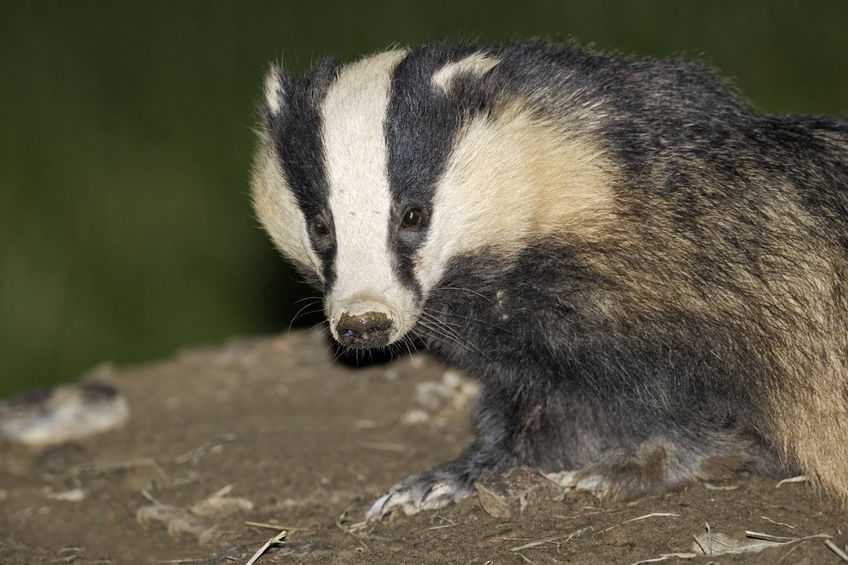
Senior vets have called on Defra's Farming Minister to withdraw his statement claiming that badger culling lowered bovine TB cases in cull zones.
In an open letter published in The Observer on Sunday (21 October), veterinary and animal welfare figures called on George Eustice to retract the statement he made in September.
Mr Eustice announced reductions in new outbreaks of bovine TB were recorded in Gloucestershire and Somerset following the completion of their licensed four-year badger culls.
The data, published on 13 September, showed a decline in TB incidence in the first two cull areas with the rate of new confirmed breakdowns now at about half the level they were before culling began.
In the Gloucestershire cull area, the data showed TB incidence fell from 10.4% before culling started to 5.6% in year four of the cull, while in Somerset it has reduced from 24% to 12%.
However, the open letter criticises Defra's data for using "complex and obscure" calculations.
It says: "These calculations have been made using data which are, by Defra’s own admission, unstable over time.
"The prevalence in cattle is no lower than it was before culling, despite the killing and removal of 1879 badgers in Gloucestershire and 1777 in Somerset. A total of 3656 badgers have been killed with no perceivable disease control benefits.
It adds: "When ministerial statements are used as justification for the slaughter of badgers on an industrial scale across swathes of England, it is vital that they are accurate and reflect the best available veterinary and scientific advice."
The open letter has requested that Defra release the data upon which their calculations for incidence and prevalence are based.
England has the highest incidence of bovine TB in Europe and the disease costs taxpayers over £100m every year.
In 2017 more than 33,000 cattle had to be slaughtered in England to control the disease.
